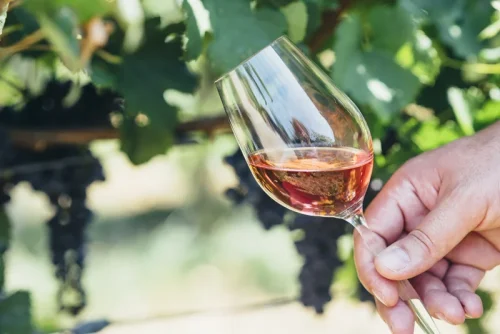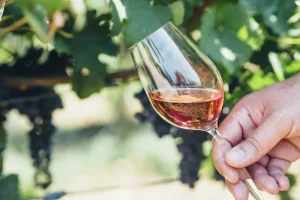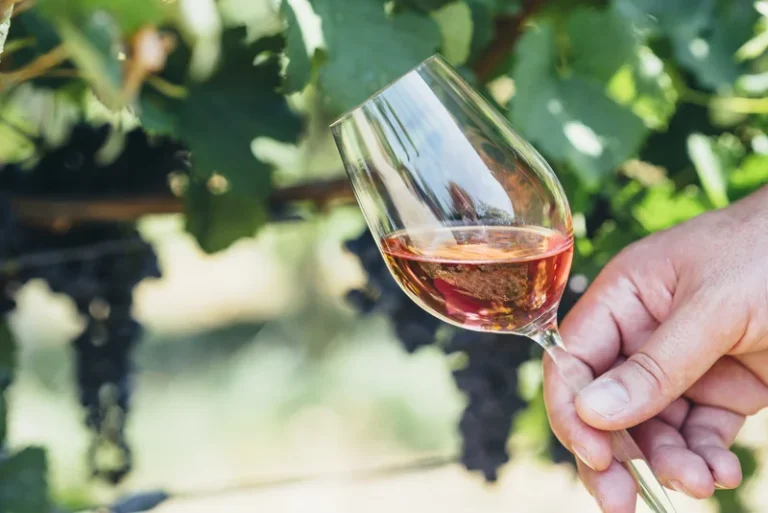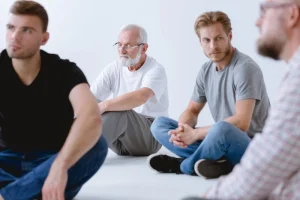
Although the literature thoroughly supports the safety and tolerability of cannabis,38,118,142,156 there is conflicting evidence for its efficacy as a treatment for opioid misuse. From a therapeutic standpoint, there may be multiple barriers to achievement of therapeutic success with medical cannabis. The many formulations and variety in dosing (e.g., pills, edibles, vaporizers, oils) require more research to determine optimal THC doses and to determine which dosage form is the most effective for patients with chronic pain (14). From a socieconomic standpoint, there are broad differences in physician & patient attitudes towards marijuana, stigma, and racial or ethnic disparities in receiving medical marijuana.
Outpatient Rehab Centers
- Research suggests that pairing CBT with additional therapies or medication can significantly enhance treatment outcomes.
- Cannabis does similar things in your brain, like opioids do, such as blocking pain signals and causing you to feel good.
- Partial hospitalization programs (PHP) provide intensive treatment during the day while allowing patients to return home at night.
- A recent YouGov survey highlights this changing attitude, revealing that a majority of Americans now believe marijuana to be less harmful than alcohol.
Take note that addiction isn’t only really about the specific substance but about the underlying issues that led to substance use disorders in the first place, such as mental health issues. Substituting one substance with another, even if it feels less addictive, doesn’t address these issues. Smoking weed could become a crutch, and instead of solving the problem, you risk creating a new one. To determine the association of medical marijuana legalization with prescription opioid utilization. In a treatment plan of around 80 opioid-addicted, muscle relaxer-addicted and anti-anxiety medication-addicted patients, using cannabis for one month helped taper more than 75 percent off drugs. If you feel you’re experiencing issues with the drug and that you need help, it’s crucial you seek advice how to overcome alcoholism and support as soon as you can.

Side Effects of Opiates

We will also look at how cannabis can help with relieving psychological conditions — such as stress, anxiety and stress — instead of resorting to drinking alcohol to combat them. Lastly, we discuss the cannabis strains that might be helpful for treating alcoholism. Treatment with methadone or buprenorphine is recommended for pregnant women with opioid use disorder. Buprenorphine treatment may lead to better health outcomes for infants than methadone treatment. Our writers and reviewers are experienced professionals in medicine, addiction treatment, and healthcare. AddictionResource fact-checks all the information before publishing and uses only credible and trusted sources when citing any medical data.
What is the Aftercare and Relapse Prevention Plan in Drug Rehab?

People who are invested in the growing and dispensary industry stand to make the most money from legal recreational cannabis. If an opioid addict patient starts taking Suboxone before enough opioid has washed out of their system, they will have a precipitated withdrawal reaction, which can be very unpleasant. Addiction expert Dr. Lorenzo Leggio, who was involved in the NIH study, said that he and his fellow researchers surmised that semaglutide and tirzepatide have an effect on both the patient’s gut and brain. This acquaintance is also one of the first people I knew personally who was prescribed Ozempic.
Pain News Network

Your treatment may start off with a detox program where you withdraw from alcohol in a medical setting. You may require specific medications during your detox process to prevent withdrawal effects. MarijuanaDoctors.com can help you find a doctor who believes in alternative medicine and the use of medical marijuana for the treatment of alcoholism. The notion that medical marijuana does not lead to the use of harder drugs is being actively revisited. Recovery treatment is about breaking free from all harmful habits and finding healthier ways to cope with stress, chronic pain, or emotions. Using marijuana, even for what feels like harm reduction, may set you back in your efforts to stay in recovery.
Where can people get buprenorphine?
Outpatient programs offer flexible treatment schedules, making them suitable for individuals with mild addictions or those transitioning from higher levels of care. Patients attend counseling and therapy sessions a few times a week while continuing to live at home. This program is ideal for individuals who need ongoing support but do not require intensive supervision.
Residents are encouraged to attend 12-step meetings, build healthy routines, and develop life skills that support independent, sober living. Many rehab alums choose sober living homes to ease the transition back into daily life while still having access to peer support and structured guidance, reducing the risk of relapse. Allowing individuals to access marijuana and opiate dependence treatment legally seems to decrease reliance on addictive opioids. In fact, researchers found those states allowing cannabis use for medicinal purposes had around 2.11 million fewer opioid prescriptions under Medicare D each year than the states that haven’t legalized marijuana.
Therapists offer essential support, insights, and personalized feedback that self-help materials cannot replicate. Thus, individuals dealing with mild to moderate symptoms may find self-help beneficial, but those with more severe issues are advised to seek professional assistance. It’s mentioned in the Christian Bible and in the histories of just about every culture. Alcoholism has also accompanied us into modern times and seen our perception of it change as new research and social trends surface. In America, during Colonial times, alcohol was a huge part of the social life of the community.
In 2023, the U.S. had approximately 29,113 Substance Use and Mental Health (SU/MH) treatment facilities known to SAMHSA, with 25,148 Oxford House eligible for the National Survey on Substance Use and Mental Health Services (N-SUMHSS). Medical cannabis for opiate dependence is a safer option because it’s not physically addictive and doesn’t have any overdose death reports. You may also be feeling depressed, nauseous, drugged and constipated because of taking opiates. With this in mind, there have been many reports from people taking opiates for pain relief who have managed to either quit taking opiates entirely or at least significantly reduce their dose by taking cannabis instead. They also no longer have to put up with the uncomfortable side effects of opiates.

